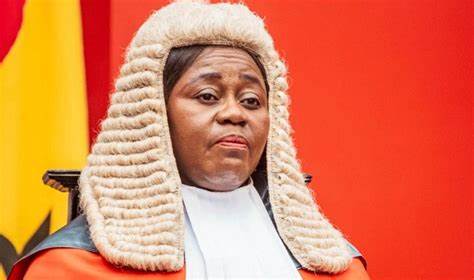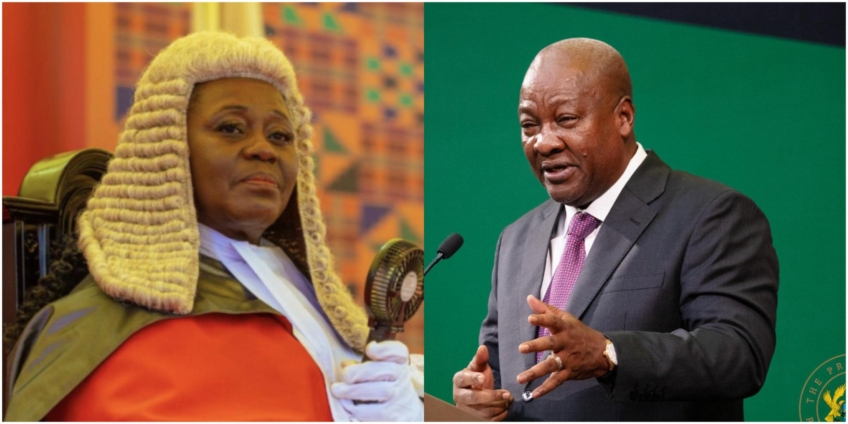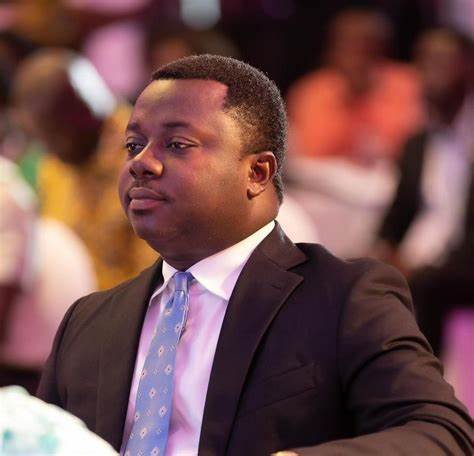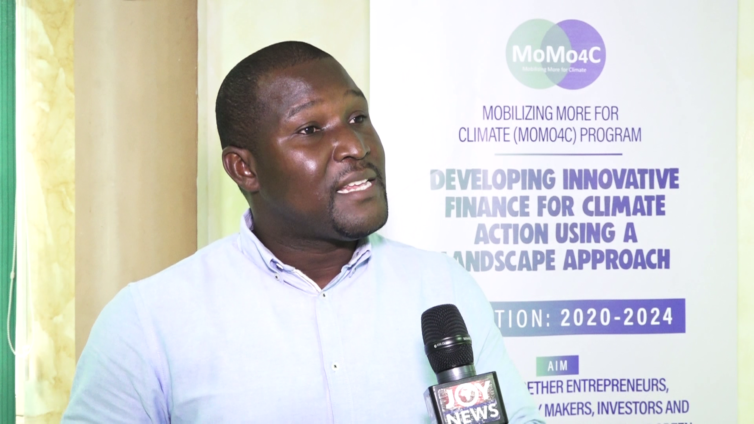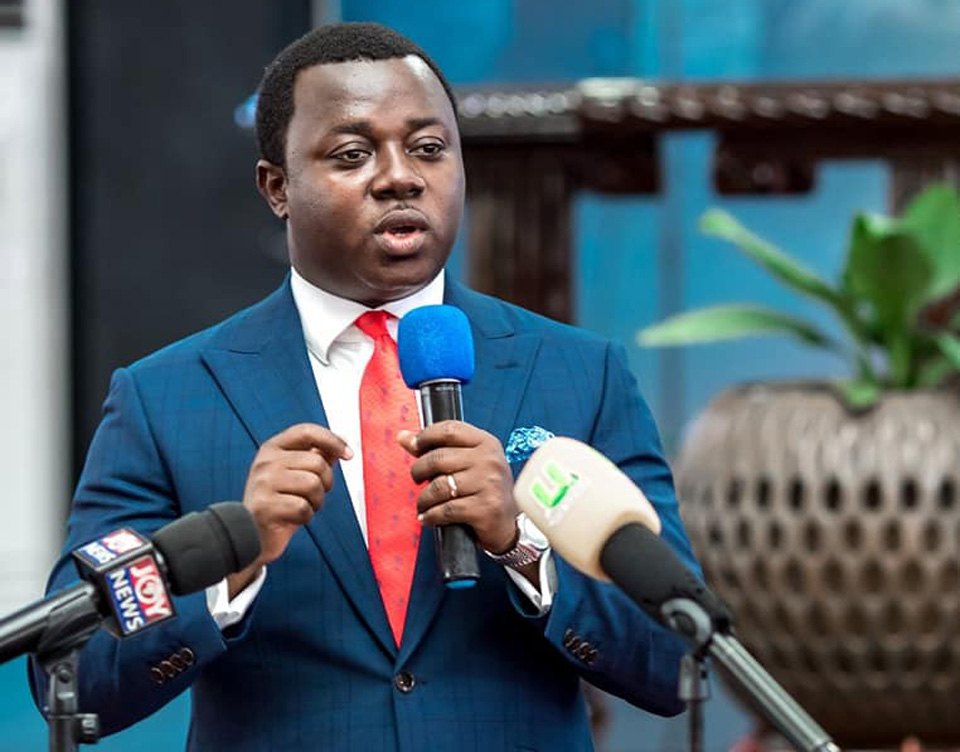The Supreme Court has indefinitely adjourned the hearing of a lawsuit challenging the constitutionality of the procedure initiated to potentially remove Chief Justice Gertrude Torkornoo from office.
The case, filed by Old Tafo MP Vincent Ekow Assafuah, was set to be heard on Wednesday, April 9, 2025. However, the court postponed proceedings due to the absence of over 50 State Attorneys, who were attending a training programme in preparation to represent Ghana at the ECOWAS Court.
No new date for the hearing has been announced.
The suit contests President John Mahama’s decision to consult the Council of State regarding petitions seeking the Chief Justice’s removal without first affording her the opportunity to respond to the allegations. Mr. Assafuah, represented by former Attorney-General Godfred Dame, argues that this process violates her right to a fair hearing and undermines judicial independence, as guaranteed under Article 146(6) of the 1992 Constitution.
A similar petition by a private citizen is also before the Court.
Following the suit, President Mahama subsequently gave the Chief Justice ten days to respond to the allegations. Sources indicate she has since submitted her preliminary response, raising questions about whether the legal challenge is now moot.
Constitutional Context
Article 146 of the 1992 Constitution outlines the process for removing a Justice of the Superior Courts, including the Chief Justice. Under Clause 6, when a petition is filed against the Chief Justice, the President, in consultation with the Council of State, must appoint a five-member committee — including two Supreme Court Justices and three non-lawyers — to investigate the claims.
The Chief Justice has the right to a hearing and legal representation, and all proceedings are to be held in camera. The President is bound to act in accordance with the committee’s recommendations.
Legal experts suggest that given the President’s subsequent adherence to this process, the core argument of the suit — lack of prior notification — may no longer hold, potentially rendering the case academic.
Nonetheless, the case remains a key constitutional test of the balance between executive authority and judicial independence in Ghana.


